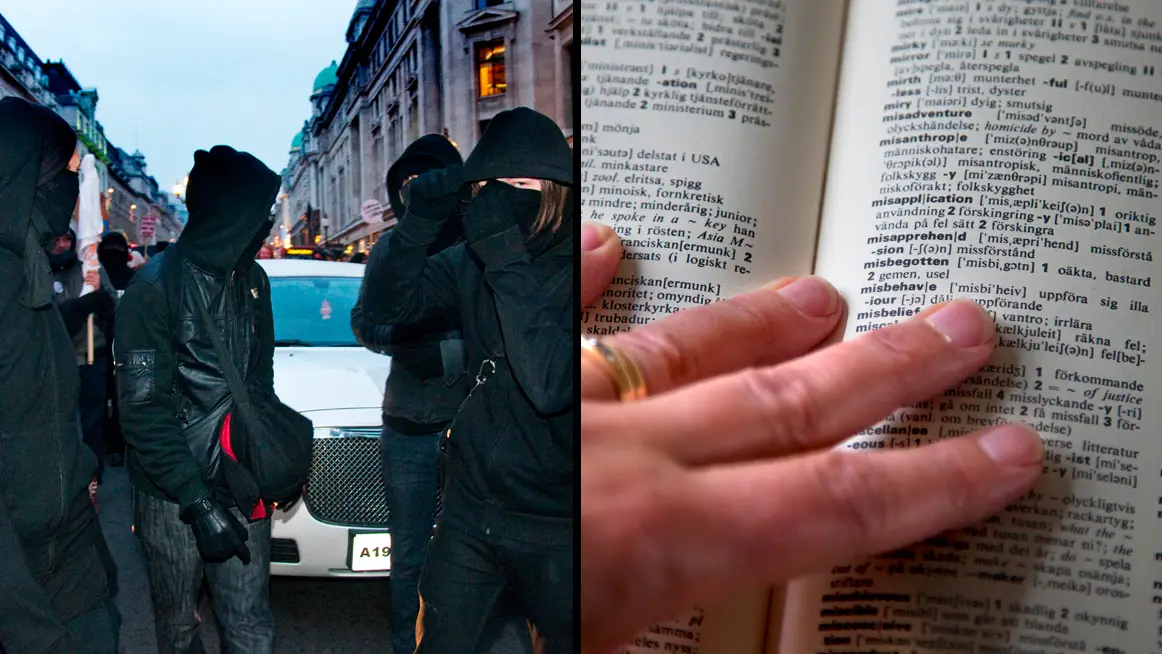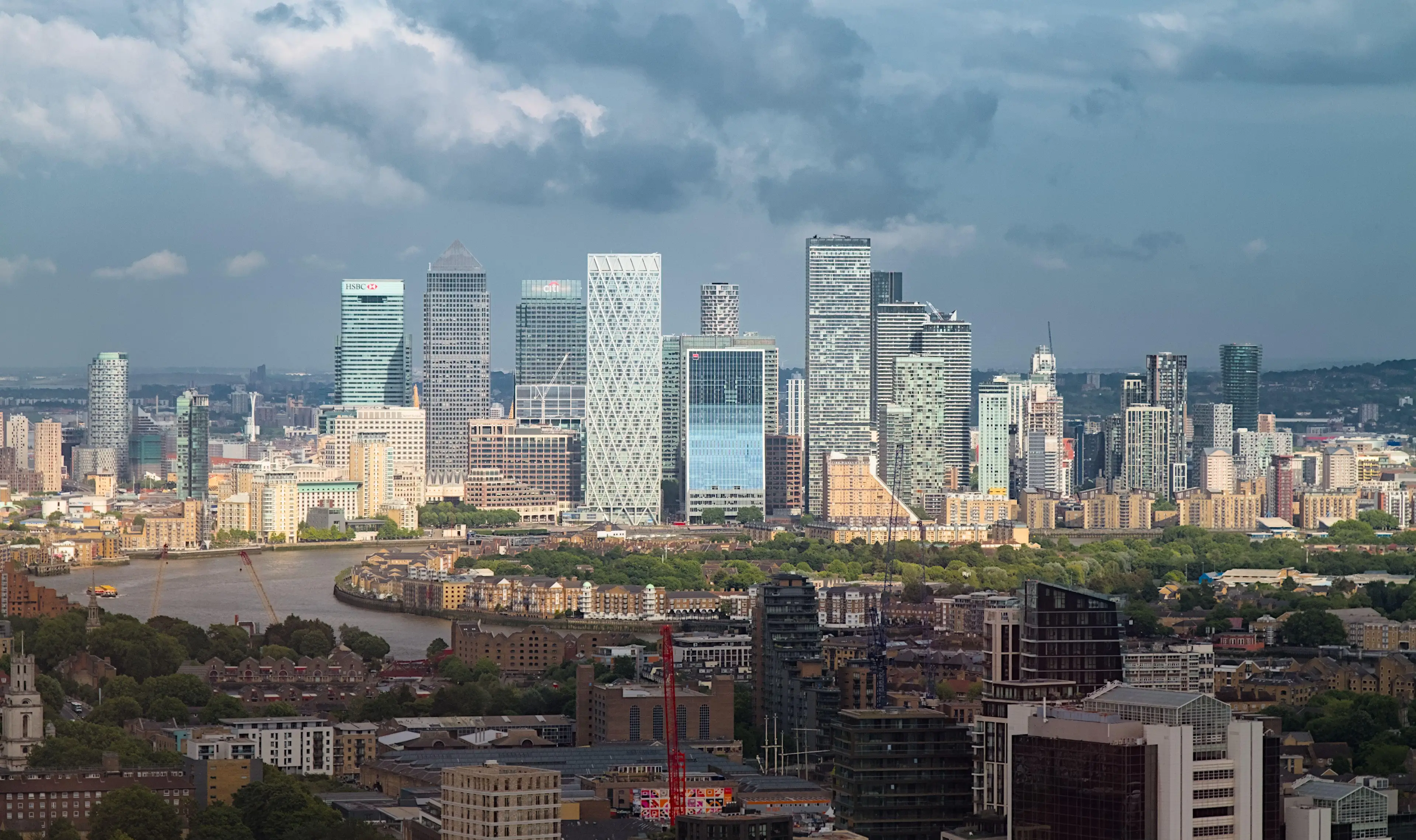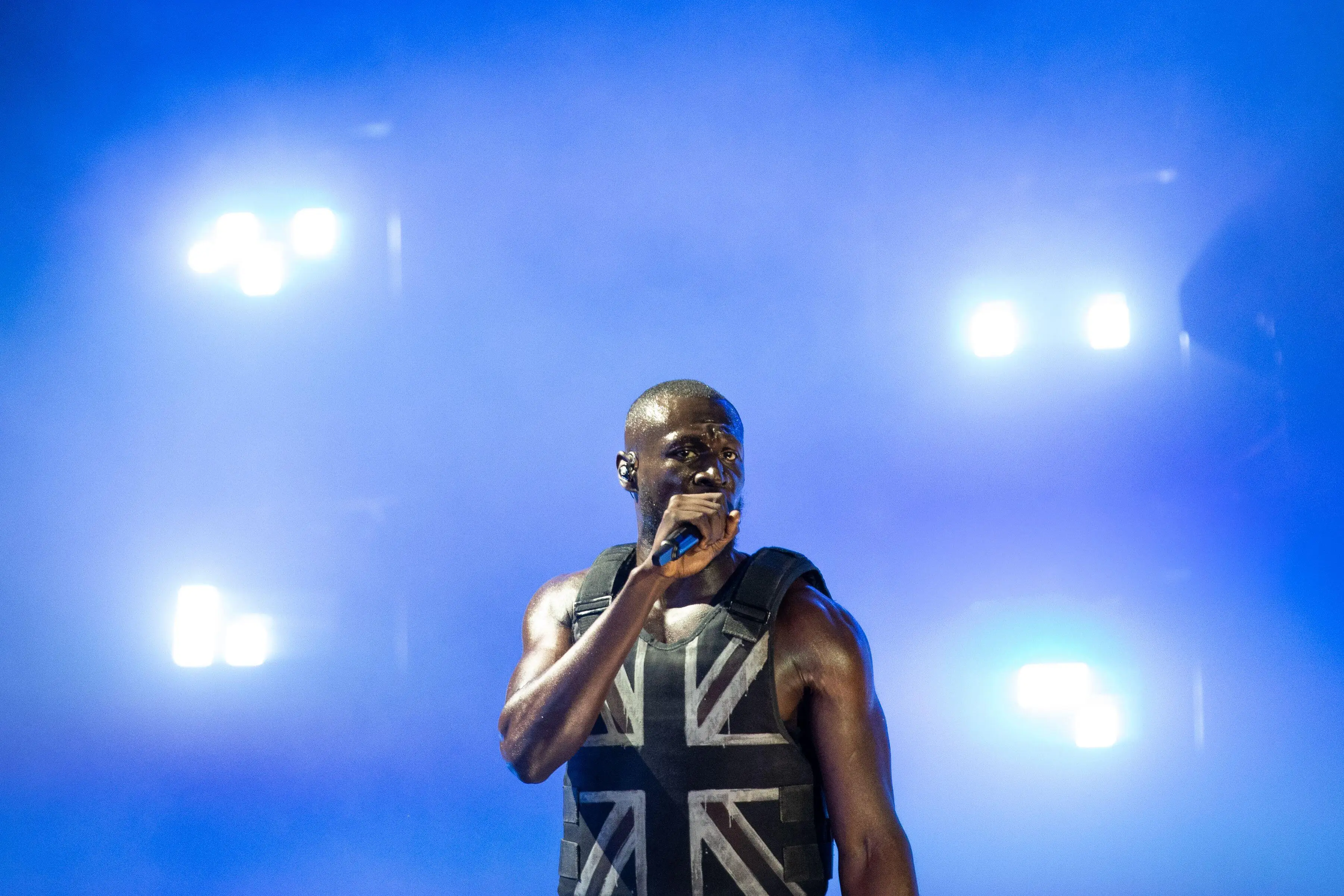
Language is ever-changing and a new study has suggested a majority of Brits could end up taking like a 'roadman' within the next 100 years.
Words such as 'peng', 'wagwan' and 'bare' are part of a dialect known as Multicultural London English (MLE) that could become the dominant dialect in the UK over this century.
The dialect has grown from several languages mixing together in London and has supplanted Cockney as the main dialect among working class people in the capital.
With plenty of younger generations already familiar with the MLE dialect, the study predicts they will keep using it well into adulthood and pass it on to their children.
Advert

This means that over time the dialect will continue to stay as one of the most popular dialects in Britain.
According to research from Professor Paul Kerswill of the University of York, Multicultural London English is a dialect born in the British capital in the early 1980s but traces its roots back to the Windrush generation.
He said: "It started in the East End of London in highly multilingual areas with lots of immigration. An amalgam of different kinds of English merged into one."
Plenty of the slang in MLE comes from Jamaican, but much of the dialect owes itself to languages from other communities that came to London and there is pronunciation to consider too.
As a dialect, MLE does pronounce the "H" that Cockney drops, and a number of vowel pronunciations share sounds with Northern and Scottish dialects.
While the descendants of immigrants who moved to London are the most likely to speak MLE, many of the words have been picked up as slang by the wider population.

Among the pioneers of this dialect are a number of grime artists including Dizzee Rascal and Stormzy.
When words start appearing more often in entertainment they are more likely to filter through and become more widely used, though it won't force other dialects out.
Part of its use will be in letting the speaker identify with their peers by speaking the same type of language.
Professor Kerswill again explains: "It's an in-group vocabulary, it's not going to bulldoze other accents.
"The youth, people aged 15 to 30, don't speak it all the time necessarily. George the Poet has the accent and he uses the slang but in interviews he sounds quite standard."
"Some will speak it as it's how they'd like to be seen, others will speak it for fun.
As for the future of MLE, he said: "I suppose it'll transform itself as language does. It certainly rules the roost at the moment.
"It will remain a youth language. Older people don't really use slang, or they will only use it when they're with their in-group."
With Multicultural London English set to be part of the way our language grows over the next 100 years, who knows what other changes will affect the way we speak?